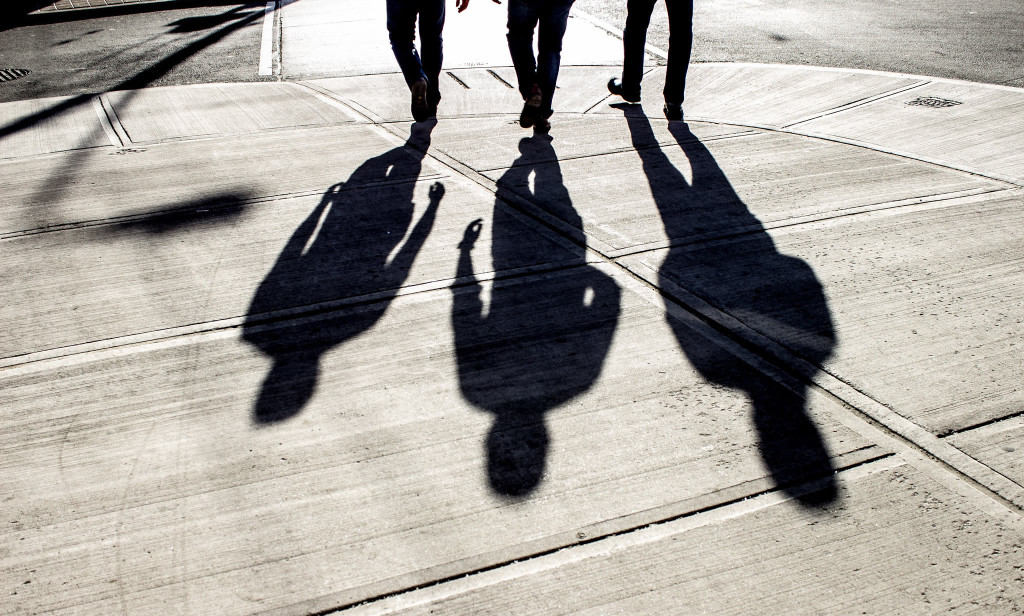
Parashat Va’era (5780 – 2020)
Exodus 6:2 – 9:35
God must persuade Moses and Aaron to persist in their efforts to liberate their people, even though they have met with initial failure. After God repeats this command regarding the people of Israel and Pharaoh the Torah stops the story to begin a genealogical list. The list begins with Reuben, the eldest son of Jacob and proceeds through the next two sons, Shimon and Levi. But it does not include the rest of the sons. It concludes with Levi so as to give a fuller background to Moses and Aaron, members of the Levite tribe. (Ex. 6:14-27)
Readers have noticed this strange interruption from ancient times. Modern scholars see the list as a way to divide sections of the narrative, but they have no adequate explanation for why the list is incomplete. If the pedigree of Aaron and Moses was so important, it would have sufficed to simply mention the Levi line, leaving out the first two tribes as well as all the rest.
A note in Rashi quotes a midrash that offers another perspective. It notices that these three tribes – Reuben, Shimon and Levi – were precisely the tribes who were castigated and cursed by Jacob on his deathbed. “But Scripture returned to tell of their lineage to tell us that they were significant.” (Rashi to v. 14.)
This midrash seeks to introduce the voice of reconciliation and reintegration into the suffering people of Israel as they struggled to believe in a new future for themselves. It was not easy for them to believe in Moses’s promises in God’s Name. It was not easy for them to believe that their traditions, passed from one generation to the next, that foretold their eventual freedom and return home, would come true. And, if they would believe in them, would they also have to believe in the curse bestowed upon some of their tribes by their Patriarch? Could it be that the source of their traditions could be both a source of promise for some and a source of condemnation for others?
The midrash reads this text not as a text that is truncated, but as a text that is restorative and redemptive. Time has passed. Whatever these three tribes were once guilty of, they are already liberated from it. Through this act of inclusion the people have liberated each other even before they have been liberated by Pharaoh. All of Israel has lost any marks of shame or dismissal. The text declares their willingness to believe in mutual solidarity. The three pariah tribes are newly returned to the embrace of the collective. They, too, are “significant” to all of Israel at this moment of trial.
Shabbat Shalom
Rabbi David Greenstein
Subscribe to Rabbi Greenstein’s weekly d’var Torah
image: The Saturday Group by Matt Zhang licensed via CC BY-NC-ND 2.0
Thank you to John Lasiter for suggesting the title and selecting an image for this Torah Sparks – Rabbi Greenstein.
- Toby Stein: In Memoriam - Thu, Feb 8, 2024
- Faithfulness and Hope: Parashat Sh’lach - Thu, Jun 23, 2022
- Past Their Prime: Parashat B’ha`a lot’kha - Thu, Jun 16, 2022

What strikes me is how relevant the interpretation, forgiveness for the sake of mutual solidarity, is to this very day. Jews and non- Jews alike, world survival, is dependent upon cooperation and working together with one common purpose kept in mind. And without forgiveness, this solidarity is unachievable.